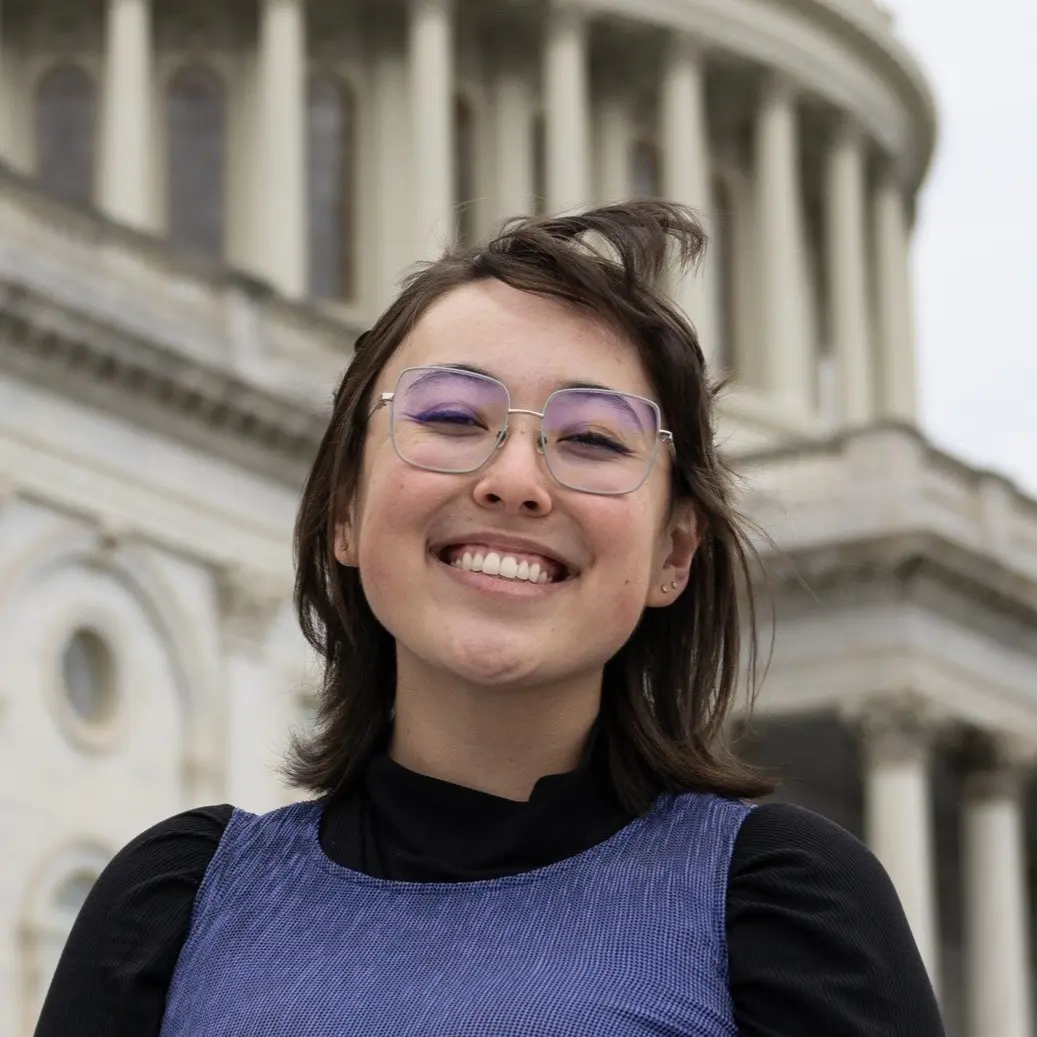Three referendums will be on the ballot in Massachusetts during the November midterm elections—and the LGBTQ community should be worried. One of those referendums proposes to repeal the 2016 state law that provides protections for transgender people in places of public accommodations (think bathrooms, restaurants, and stores). One of the biggest concerns about the referendum is its confusing wording—which could lead to unintentional votes to repeal the measure. According to the referendum, a “yes” vote supports upholding the bill. A “no” vote, however, would repeal the law.
The referendum petition can be viewed here. It was proposed by a group called Keep Massachusetts Safe, which says the bill “endangers the privacy and safety of women and children in public bathrooms, locker rooms, and other intimate spaces.”
Keep Massachusetts Safe put out a campaign video for its efforts. The video features a little girl watching a man put on lip gloss in a public restroom. She states that “a little girl shouldn’t have to wonder why there’s a man using the women’s bathroom.” Viewing the video requires you to register your email on the organization’s website.
Keep Massachusetts Safe is supported by the Massachusetts Family Institute, an organization dedicated to “preserving marriage between a man and a woman,” and “preserving life from conception to natural death.” The Institute has donated approximately $40,000 to Keep Massachusetts Safe. They are partnered with organizations such as the Family Research Council, which donated funds to politicians such as Roy Moore, and Focus on the Family, which receives funds from the Richard & Helen DeVos Foundation (Richard & Helen DeVos are siblings of Betsy DeVos).
They also push for stopping sex-ed in schools and oppose any legalization of marijuana. They recently published a blog on their website stating that “legislation banning Biblical counseling on issues of human sexuality for minors is the latest move by an aggressive LGBTQ agenda” and that the bill recently proposed in Massachusetts would “allow the state to take away your daughter and make her someone else’s son.” The bill passed on June 27th, banning religious based conversion therapy in Massachusetts.
The list of organizations that oppose repealing these protections is far more lengthy, however. It includes major labor organizations such as the AFL-CIO, professional sports teams such as the New England Patriots, colleges such as Harvard University, a laundry list of elected officials, and several religious leaders from a variety of faiths. According to Politico, “proponents…are worried that support for it is weak enough that a concerted effort by opponents of transgender rights could create a public firestorm like the one that gripped North Carolina in 2016, and lead voters to overturn the law.” It also refers to the 2015 campaign in Houston that successfully blocked a city ordinance to defend against sexual orientation and gender-identity discrimination.
Two polls predict the vote could be close: a poll conducted by Suffolk University showed 49% of voters would maintain the law, while 37% would repeal it; a WBUR poll showed 52% backing the law and 38% against it. Should the 2016 law be repealed, it could induce a wave of repeals of similar legislation across the country.
Now more than ever it is important to stand up for transgender people around the United States and demand that their rights to be their true selves be upheld, in Massachusetts and elsewhere.


